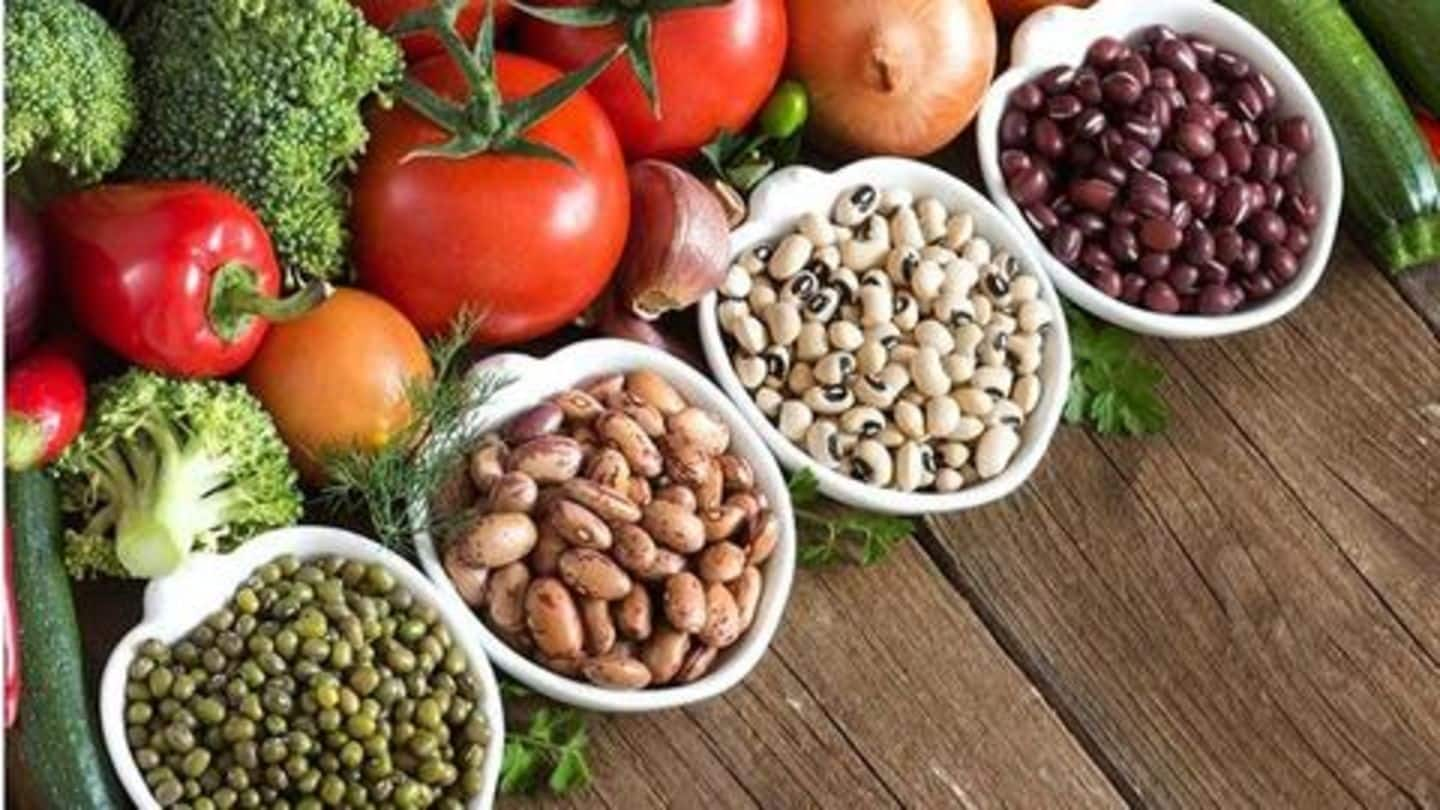
Negative-calorie foods: Fact or fiction?
What's the story
Calories are basically the measuring unit of energy, stored in our foods or in the tissues of our body. Typically, in order to lose weight, it is recommended to burn more energy (calories) than we consume. This concept has given rise to a new weight-loss 'technique', called the negative-calorie diet, that allegedly helps you lose weight simply by eating certain food items. Truth or yet another diet fad? Here we decode.
How?
What's the deal?
Your food comes with a variety of nutrients (carbs, fats, and protein) that provide energy to your body. Your body, in turn, burns energy, in order to process these food items. Now, negative-calorie foods, by definition, are such items whose digestion requires more calories, than they naturally contain, thus causing a "negative-calorie impact". This, theoretically, means that these food items can help you lose weight simply by consuming them.
Information
Common food-items promoted as being 'negative-calorie'
Such food-items that are naturally low-calorie and have high water-content, are usually promoted as being 'negative calorie.' They include celery, carrots, lettuce, broccoli, apples, watermelon, tomatoes, grapefruit, cucumbers, among others.
The reality
Breaking the bubble
Although, the above mentioned food items are actually nutritious, but they can't aid in weight loss, merely by consuming them. This is because the calories our body spends in chewing and digestion process is very low, in comparison to what these food items contain. To put things into perspective, chewing gum burns just 11 calories per hour. Thus, it is quite unlikely that these so-called negative-calorie food items really exist.
Information
Failed concept, but not an unhealthy one
Even though the concept of negative-calorie foods doesn't really work, the promoted food-items are in fact quite nutritious, thus good for health. So, don't shy away from these items. Some other low-calorie, high-nutrition foods include kale, blueberries, potatoes, whole eggs, plain yogurt, spinach, etc.